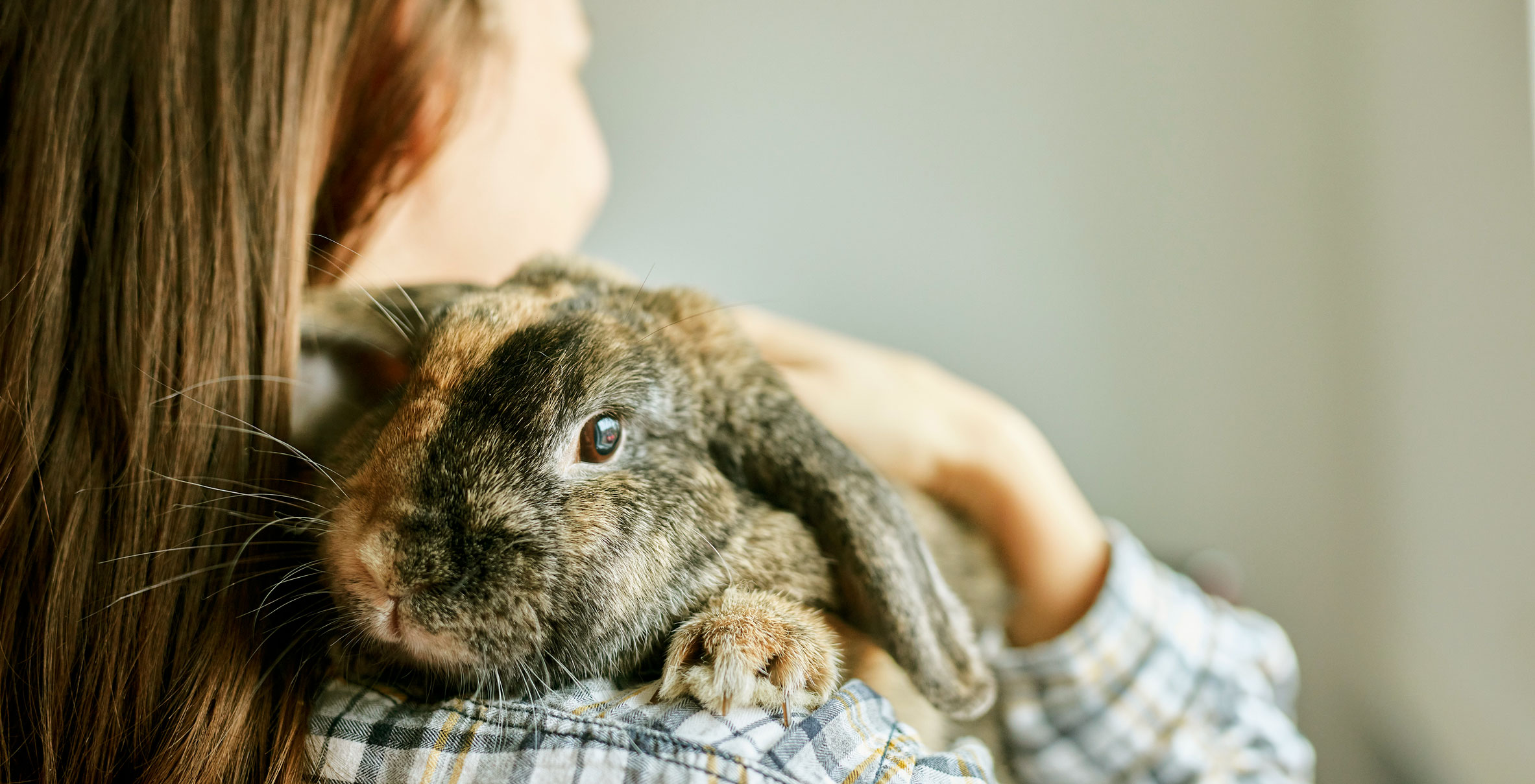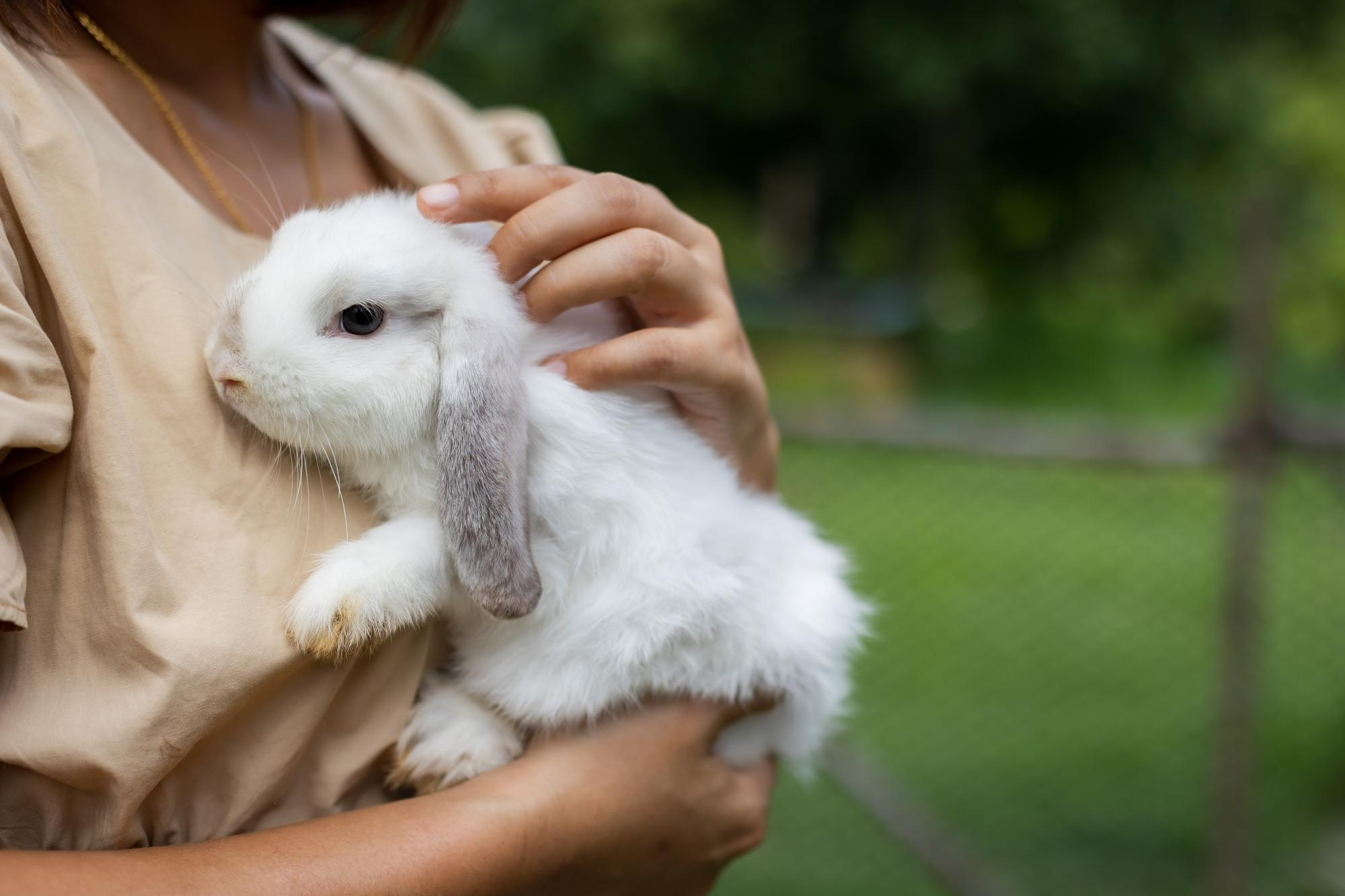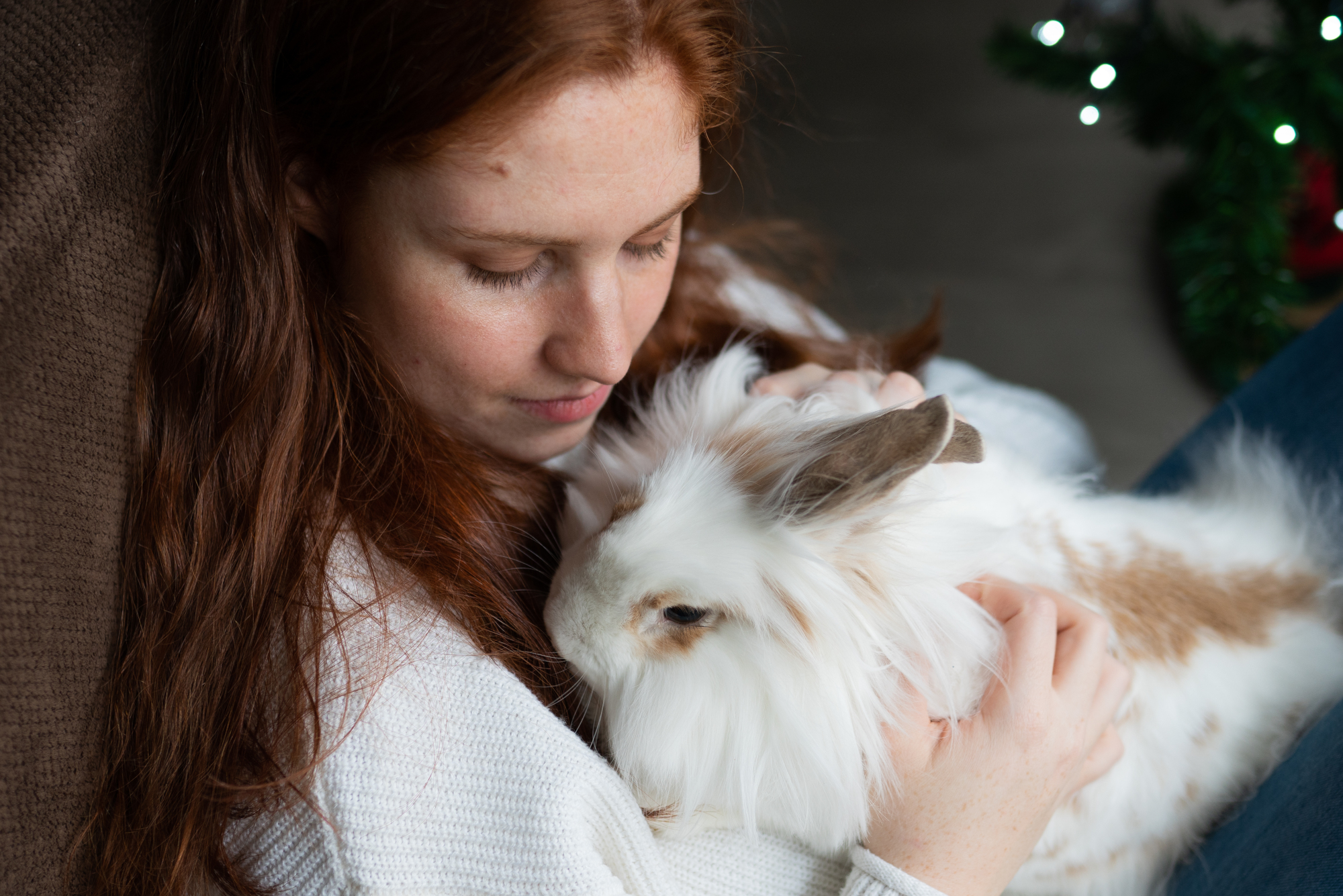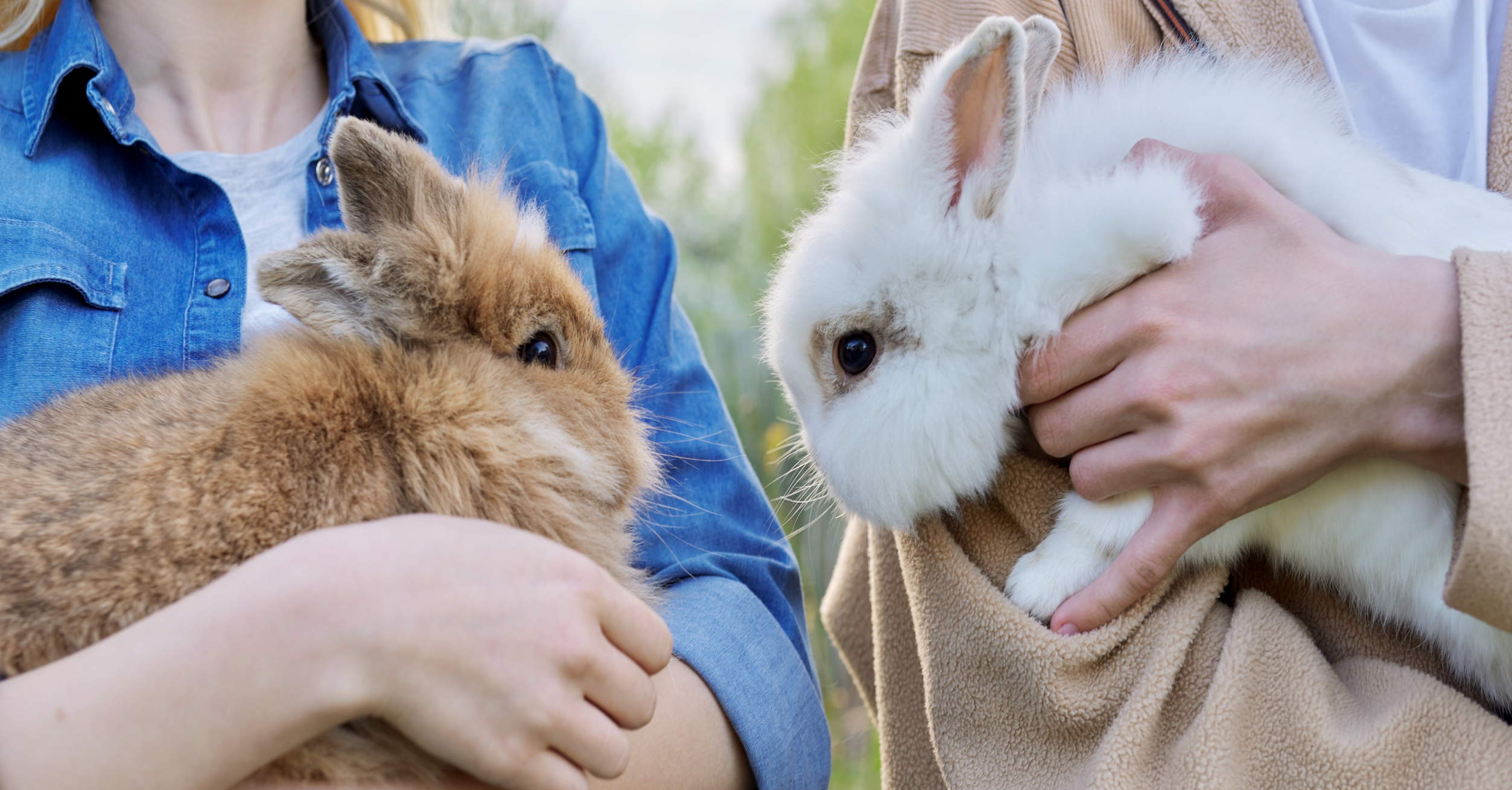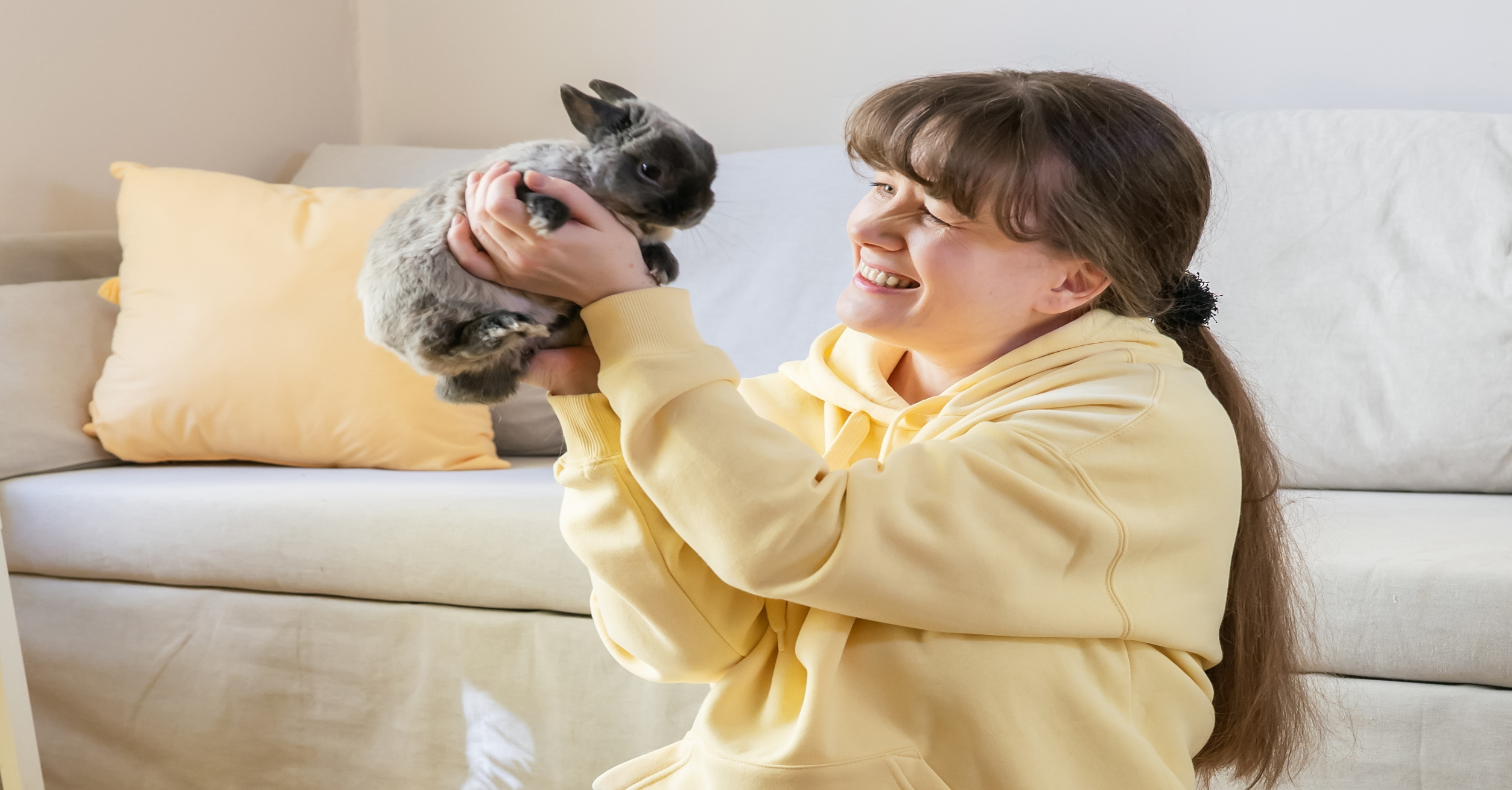Rabbits are wonderfully unique, curious, and intelligent creatures that are an absolute joy to have in the house. However, they also have instincts to dig and chew that while useful in the wild are less handy in the home. Although it’s great to foster these instincts in a healthy way, it’s hard not to feel frustrated when your bunny winds up chewing on a prized possession or an expensive piece of equipment.
Bunny-proofing a home is a large task on its own. From setting apart a dedicated space to reducing noise in the area, there are many things to be considered when creating your rabbit’s environment. Figuring out what should be out of reach is just one part of the task at hand, but an important one nonetheless. With that in mind, here are seven things to keep out of your rabbit’s reach.
1. Wires
Wires are one of the number one hazards to pets in general and especially for rabbits. Not only could a particularly chew-happy rabbit ruin your plans for movie night, but also any wires chewed through can do serious harm.
The best practice is to keep all wires out of reach of your rabbit. You could try running them along walls or otherwise keep them outside the enclosure, but if that’s not possible you should cover the wire with thick plastic sleeves or tubing. This will help discourage your rabbit from chewing on them and also give you time to notice their behaviour beforehand.
2. Wooden furniture legs
Further on the point of rabbits chewing things, you should take care to keep any wooden furniture that you care about out of reach of your rabbits. Although they’ll be generally less interested in thicker wooden table and chair legs, there’s a good chance they’ll chew on them from time to time if they get bored.
If you can help it, keep wooden furniture away from your rabbit altogether. If you don’t have space to move the furniture elsewhere, you can take a similar approach to wires by wrapping the legs in a rigid plastic tubing to protect them.
3. Baseboards (especially corners)
One area of the home that rabbits often gravitate to is the baseboards, particularly those that are in corners of the room. Given enough time, you can almost guarantee that your rabbit will start trying to chew on the baseboards and walls of their enclosure, so it’s important to take steps to prevent them from doing too much damage.
One solution is to cover the baseboard itself. This can be done with cat scratching mats, wooden planks, or even simple cardboard, all of which can help deter your rabbit or at least give you time to react before they start destroying the wall. Alternatively, if space permits you can simply create a four-sided rabbit enclosure that’s slightly set away from the wall, rather than using walls of the room as part of the enclosure.
4. Houseplants
As herbivores, rabbits have a natural instinct to eat almost anything leafy and green. While many plants are perfectly safe for rabbits to eat, some plants are more toxic to rabbits than others especially if they’re eaten in large enough quantities. These include lilies, hydrangeas, and chrysanthemums. In general, you should keep all houseplant life away from your rabbit in order to keep them as safe as possible.
5. Carpet
The only thing rabbits love as much as chewing on things is digging. Both of these behaviours trace back to their roots as wild animals, and these very same instincts are what allowed them to build burrows to live in and to stay safe from predators. They’re safe in your home, but that doesn’t change the fact that the instincts remain. Rabbits, especially female rabbits, will likely get to digging in your carpet if they’re given enough time, particularly in the corners of the room.
The best thing to do is set your rabbit’s enclosure up in an area with tile or hardwood floors. However, if that’s not an option, you could always cover the carpet with a thick plastic layer of some kind, or with a rug that you’re not concerned about being damaged.
6. Areas under furniture
Rabbits love finding places to hide, especially if they can tuck themselves underneath something. If they get too comfortable hiding underneath a couch, bed, or low chair, they may decide it’s the right spot to start digging out a nest underneath. It can be tough to even notice your rabbit doing this until it’s too late, so the best way to go about it is to simply restrict your rabbit’s access to it.
If you can’t remove the furniture from their enclosure, consider surrounding the space underneath with wood, cardboard, or fencing to keep them out. Remember that rabbit’s need a safe place to hide still, so make sure they have a crate or box of some kind to hide out in when they need a break from the world.
7. Hazardous materials
Of course, you should always keep general hazards well out of reach of your rabbit. This includes harsh chemicals, lit candles, anything fragile that can shatter, and human food. Generally, it’s best to keep these hazardous items outside of your rabbit’s enclosure, but if your space doesn’t permit this, at least ensure they’re stored inside of cupboards. Some rabbits may actually learn to open cupboards, so if you notice them trying to do so you should install child-proof locks.
There are a number of things to consider when keeping your rabbit (and your possessions) safe at home. This is by no means a comprehensive list, but it does cover the most essential things to keep out of reach of your bunny. By bunny-proofing your home and learning what to keep out of reach, you can rest assured that not only is your rabbit staying healthy and happy, but also you have peace of mind.
Creative Commons Attribution: Permission is granted to repost this article in its entirety with credit to Hastings Veterinary Hospital and a clickable link back to this page.

